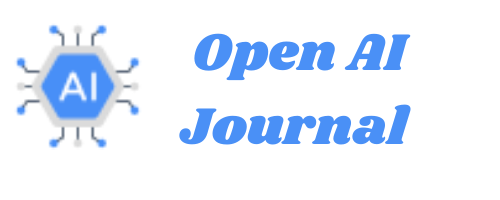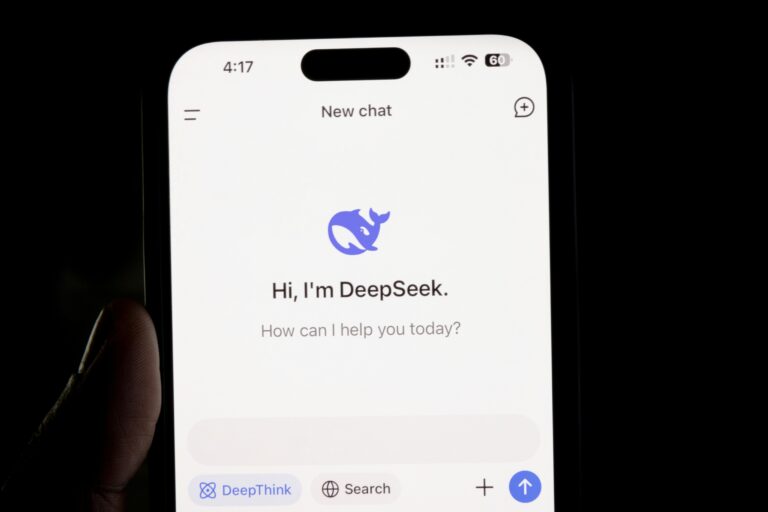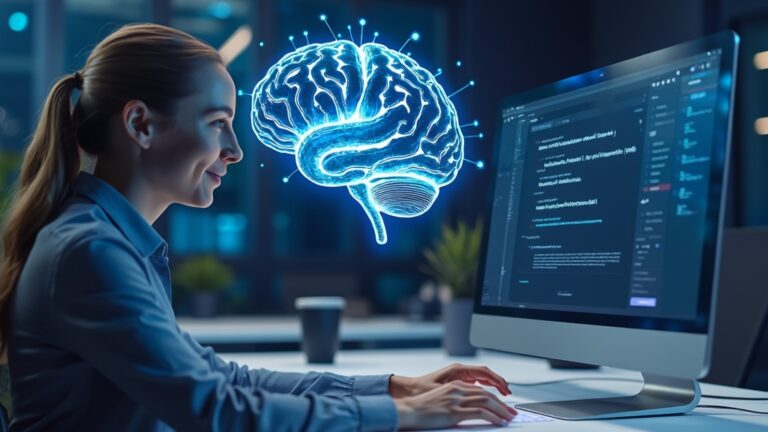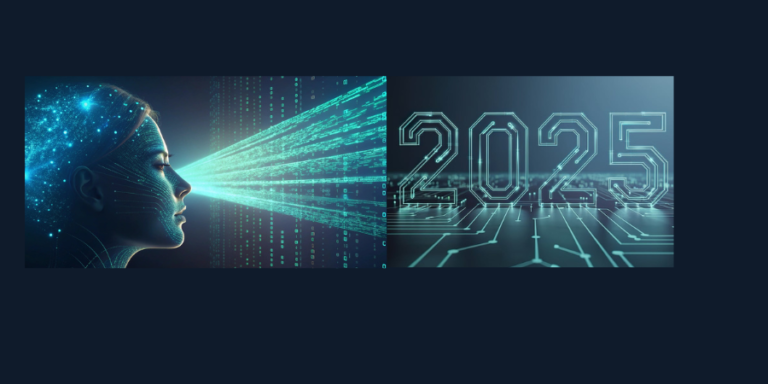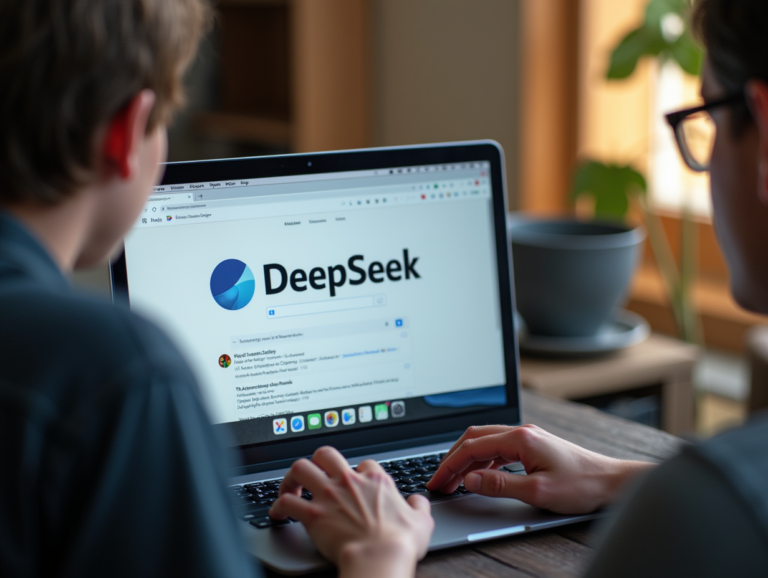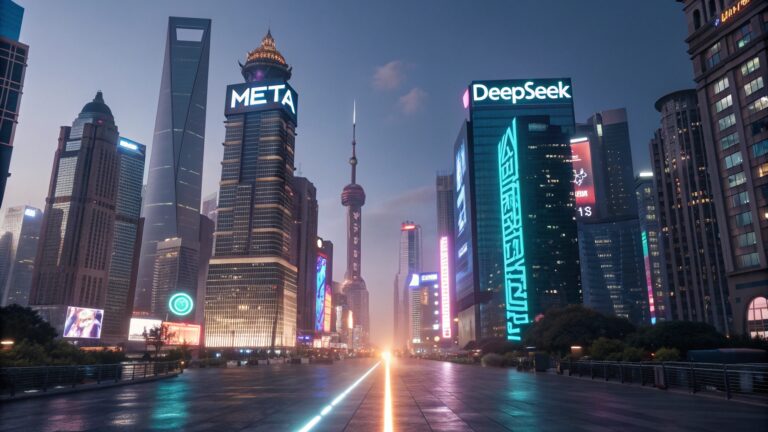The AI Revolution: Are We Ready for What’s Coming?
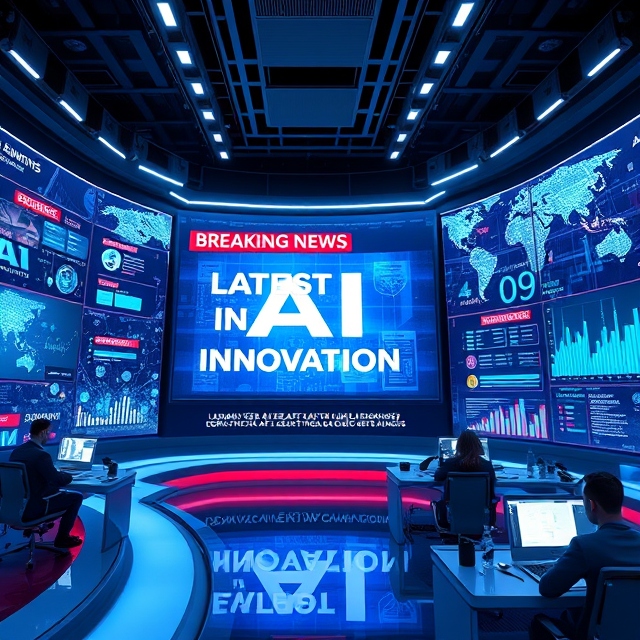
Table of Contents
The AI revolution; You’ve probably heard about AI in passing—maybe through those eerily accurate Netflix recommendations or that chatbot that helped you book a flight last month. But have you stopped to think about how deeply AI is weaving itself into the fabric of our lives? And more importantly, are we truly ready for what’s coming?
The AI revolution is here, and it’s accelerating faster than most people realize. Whether we’re fully ready or not, businesses need to embrace AI and prepare for the opportunities and challenges ahead. The future of AI isn’t just about tech—it’s about people. If we stay ahead of the curve, AI can be a tool that drives success and makes businesses smarter and more efficient. What do you think? Are we ready for the AI revolution, or are we about to get left behind?
The AI Boom: A Quick Overview
First off, let’s get on the same page. Artificial intelligence, or AI, isn’t just some sci-fi concept anymore. It’s here, and it’s growing at an unprecedented pace. According to a report by PwC, AI is expected to contribute up to $15.7 trillion to the global economy by 2030. That’s trillion with a “T.” To put that into perspective, the entire global GDP in 2023 was around $104 trillion. So, yeah, AI is a big deal.
We’re already seeing AI in action in ways that might not even register as “AI” to us anymore. Think about voice assistants like Siri or Alexa, self-driving cars (even if they’re not fully autonomous yet), and those personalized ads that seem to know you better than your therapist. These are just the tip of the iceberg. AI is being used in healthcare to diagnose diseases faster, in finance to detect fraud, and even in agriculture to optimize crop yields. It’s everywhere.
The Stats That Should Make Us Pause
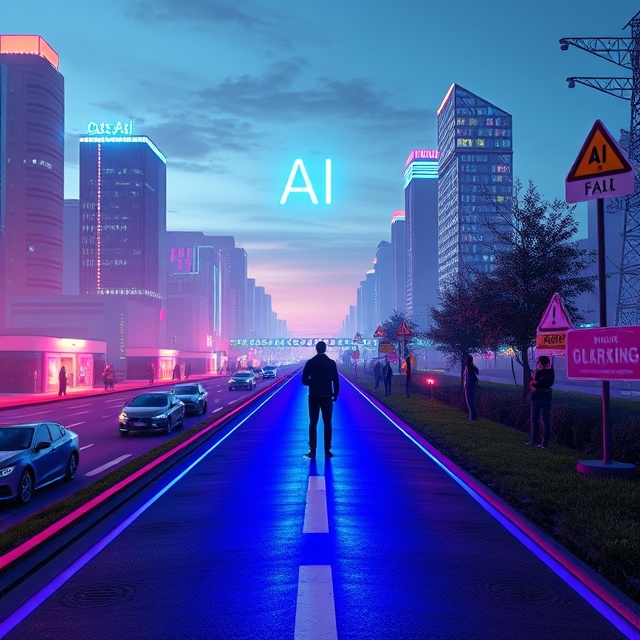
Now, let’s dive into some stats that really put the AI revolution into perspective. According to a 2023 survey by Gartner, 37% of organizations have already implemented AI in some form, and another 42% plan to do so within the next two years. That’s a staggering 79% of businesses jumping on the AI bandwagon. But here’s the kicker: a separate study by MIT Sloan Management Review found that only 20% of companies feel they’re fully prepared to handle the ethical implications of AI.
Let that sink in. We’re rushing headfirst into this AI revolution, but most of us—businesses and individuals alike—aren’t fully equipped to deal with the consequences. And those consequences? They’re not just about job automation (though that’s a big one—more on that later). They’re about privacy, bias, and the very nature of human decision-making.
My Personal Brush with AI: A Wake-Up Call
I’ll share a little personal story to illustrate why I think this is such a critical topic. A few months ago, I was applying for a loan. I filled out the application online, and within minutes, I got an automated response saying I was approved. At first, I was thrilled—until I realized the decision was made entirely by an AI system. No human had reviewed my application. Now, I’m not saying the AI was wrong; I got the loan, and everything worked out fine. But it made me think: What if the AI had made a mistake? What if it had been biased against me for some reason I couldn’t even fathom?
This experience got me digging into how AI systems work, and what I found was eye-opening. For instance, a 2019 study by the National Institute of Standards and Technology (NIST) found that facial recognition algorithms were significantly less accurate for people with darker skin tones. This isn’t just a technical glitch—it’s a real-world problem that can lead to wrongful arrests or denied opportunities. And it’s not just facial recognition. AI systems used in hiring, lending, and even healthcare can perpetuate biases if they’re trained on biased data.
The Job Market: A Double-Edged Sword
One of the most talked-about aspects of the AI revolution is its impact on jobs. On one hand, AI is creating new opportunities. The World Economic Forum predicts that AI will create 97 million new jobs by 2025, particularly in fields like data science, AI ethics, and cybersecurity. But here’s the catch: it’s also expected to displace 85 million jobs in the same timeframe. That’s a net gain of 12 million jobs, but the transition won’t be smooth.
Think about it: if you’re a truck driver and your job gets automated by self-driving trucks, what are you supposed to do? Retrain for a new career? Not everyone has the resources or time for that. And even if they do, there’s no guarantee they’ll land a job in a field that’s already saturated with competition. This is where I think we need to be proactive. Governments and businesses need to invest in reskilling programs now, not later, to ensure people aren’t left behind.
The Ethical Quandary: Who’s in Control?
But it’s not just about jobs. One of the biggest questions we need to grapple with is: Who’s in control of AI? Right now, a handful of tech giants—think Google, Microsoft, and Amazon—dominate the AI landscape. They’re the ones developing the algorithms, collecting the data, and setting the standards. And while they’re doing some incredible work, there’s a real risk of monopolistic power.
Take data privacy, for example. AI thrives on data, and the more data it has, the smarter it gets. But where does that data come from? Us. Every time we use a smart device or browse the internet, we’re feeding the AI machine. And while there are laws like the GDPR in Europe that aim to protect our data, enforcement is patchy at best. According to a 2022 survey by Pew Research Center, 79% of Americans are concerned about how companies use their data. Yet, most of us don’t fully understand what we’re giving up when we click “I agree” on those terms of service.
Are We Ready? A Nuanced Take
So, are we ready for the AI revolution? Honestly, I think the answer is a resounding “not quite.” We’re making strides—governments are starting to draft AI regulations, companies are investing in ethical AI practices, and researchers are working on ways to make AI more transparent and accountable. But we’re still playing catch-up.
Here’s where I think we need to focus:
- Education: We need to educate people about AI—what it is, how it works, and how it impacts their lives. This isn’t just for techies; it’s for everyone.
- Regulation: We need robust, global regulations to ensure AI is developed and used responsibly. This includes addressing bias, protecting privacy, and preventing monopolies.
- Ethical Frameworks: Companies need to prioritize ethical AI development, not just as a PR move, but as a core part of their business model.
- Reskilling: We need to prepare for the job market of the future by investing in education and training programs that help people transition into new roles.
Wrapping It Up
The AI revolution is inevitable, and in many ways, it’s already here. But whether it’s a force for good or a Pandora’s box of unintended consequences depends on how we handle it. As individuals, we need to stay informed and engaged. As a society, we need to act now to ensure that AI benefits everyone, not just a select few.
So, what do you think? Are we ready for what’s coming? Or do we need to hit the brakes and take a closer look at where we’re headed? Let’s keep this conversation going—I’d love to hear your thoughts!
